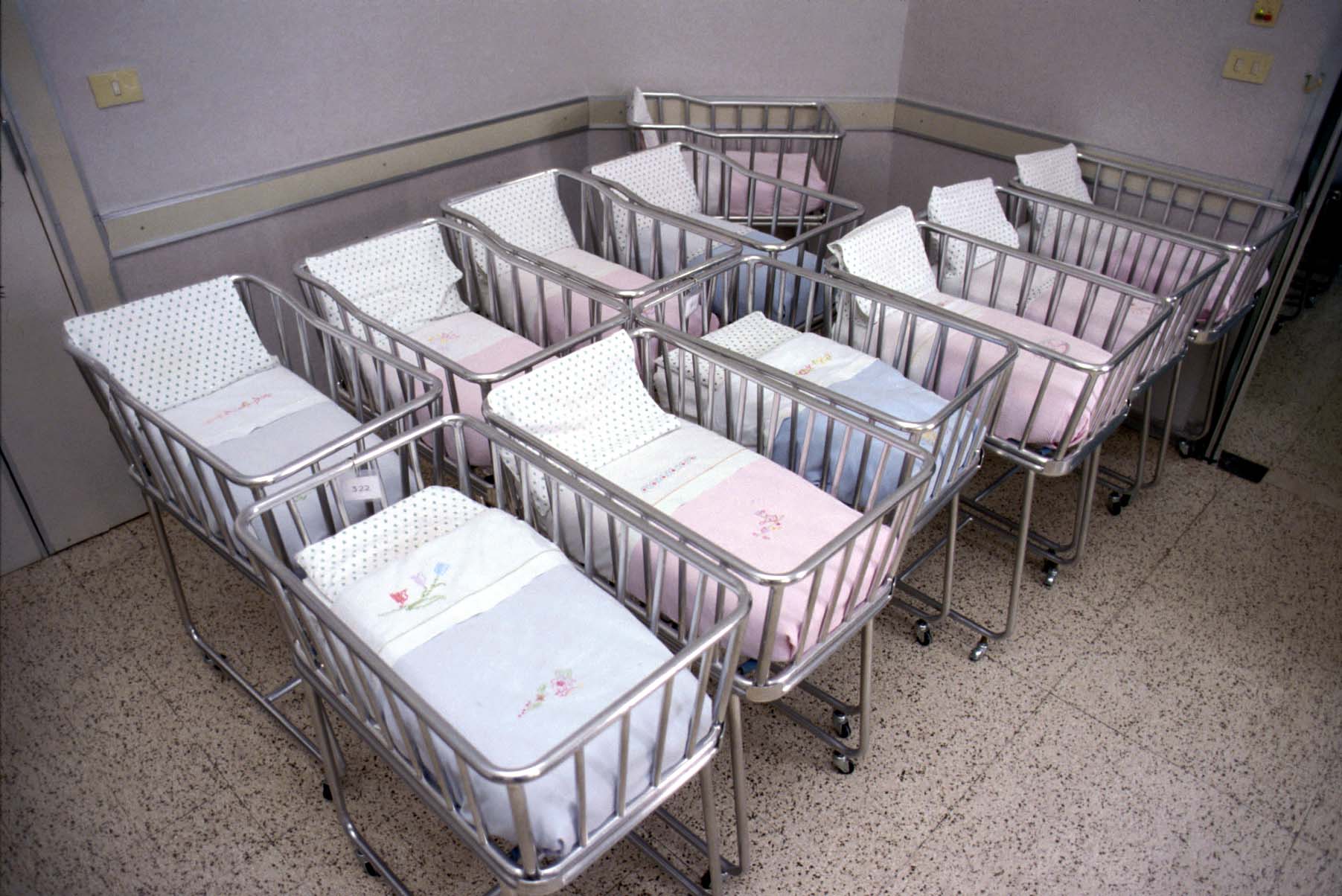Empty cribs, Warsaw intervenes
The executive headed by premier Beata Szydlo has proposed a bill, approved by Parliament, providing for a monthly subsidy of 500 zloty to families with more than one child over 18. The President of the Republic Duda appreciated and supported the initiative. Sister Chmielewska (“Bread is life” community), indiscriminate subsidy: it would be preferable to support those who are most in need

Five hundred zloty (approximately 110 Euro) a month for the second, third and successive children, until they turn 18. It’s the new plan adopted by the government led by premier Beata Szydlo to counter population decline, which makes Poland one of the European countries with the lowest total fertility rate, namely 1.3 children per woman (EU average: 1.55). The subsidy, available as of April 1 next, is bound to be granted to 2 million 700 thousand families with two and more children, will an overall public cost of 17.3 billion zlotys (3.9 billion euro) a year. Families with one child appear to be 47% of the total; those with two or more children are 53%.
“Authentic support.” Poland’s fertility rate is slightly lower compared to other newly acceded EU member Countries, such as Hungary, Czech Republic or Slovakia, where public subsidies are higher, and as in the case of Hungary, even as much as three times higher than the Polish ones which until now amounted to 530 euros. State contributions to households were an election promise of the Law and Justice party (PiS), which currently holds an absolute majority in Warsaw’s Parliament. For Polish President Andrzej Duda, also a member of PiS,
the law just enacted “for the first time since 1989 provides real support by the state to families with children”,
bound to bring a significant improvement in the economic situation in the country.
Indiscriminate aids, regardless of those most in need. Sister Malgorzata Chmielewska, chair of the community “The bread of life”, committed in providing support to the most deprived persons for years, renowned in Poland for its wide range of activities in favour of the poorest brackets, did not conceal her doubts on this initiative, since
“it’s not clear whether the contribution will actually help those who are most in need.”
Sister Chmielewska pointed out that among those in most need of support on the part of the State priority should be given to single mothers who will not be able to access the new subsidy package. In addition, the religious criticised the age-limit of 18 years envisaged in the provision, considering that “high-school and university tuitions cost a fortune.”
No income threshold. Despite the amendments to the new law presented by opposition representatives in Parliament, the majority failed to introduce clauses aimed at establishing an income threshold beyond which the subsidy would not be paid. Thus – just to give an example that was widely discussed in Poland – Izabella Lukomska-Pyzalska, with 4 million Euros in her bank account, mother of six, whom, as she said, “need at least three nannies”, president of the football club Warta Poznan, of the Family House construction company and wife of a well-known entrepreneur, declared to accept “gladly” the government contribution “because there are always expenses.”
Debate at EU level. In Poland the average wage is of approximately 600 Euros net per month (60% of EU average). State contributions to families with children in EU countries, according to data published recently by Pricewaterhouse Coopers, amounted on average to EUR 2,347 (taking into account that subsidies differ greatly from country to country). In reality, as pointed out by PwC experts, 60% of EU Countries don’t pay that sum. In Luxembourg families with two children receive from the State 9,264 Euros a year, in France 6,772 euro, in Germany 4,843. Poland ranks 20th in Europe. In the last country on the list, Bulgaria, a family with two school-age children benefits from a public grant of EUR 20.5 per month. Responding to critics, according to whom the new law could discourage parents with many children to actively participate in the labour market, the government remarked: “It will be for the benefit of the family if mothers with two or three children do household chores instead of professional activities.” This statement immediately triggered bitter controversies.
Contributions and taxes. Disparities between EU countries regarding government grants to families are not limited to appropriation differences. In fact, tax policies signal the greatest divide. For example, in France (first in Europe in terms of birth-rate along with Sweden), a family with two children could pay five times less taxes compared to a single person with the same income, while the parents of three (for having raised them and taken care of them) will receive a pension 10% higher than the sum calculated on the basis of their income.
Moreover, in many European countries, it is possible to deduct from income taxes certain child expenses (e.g. in the field of education or healthcare).
In Germany deductions cannot exceed 7 thousand euro per child, in Spain 2,400 euro, in Slovenia almost 2,500, while in Italy 950 €. In Poland 265 to 643 Euros can be deducted for a child. According to the PwC report, such deductions are envisaged to a lesser extent in countries where, as in Sweden, Denmark and Ireland, social contributions are very high, or – as in Great Britain and Finland – the tax-exemption rate is the relevant criteria. The analysis of numerous and diverse contribution and tax mechanisms adopted in various countries to help families, however, does not change the fact that, according to statistics, birth-rates increase in proportion to the services that facilitate a harmonious development, at personal and professional level, of the parents and of their children alike.